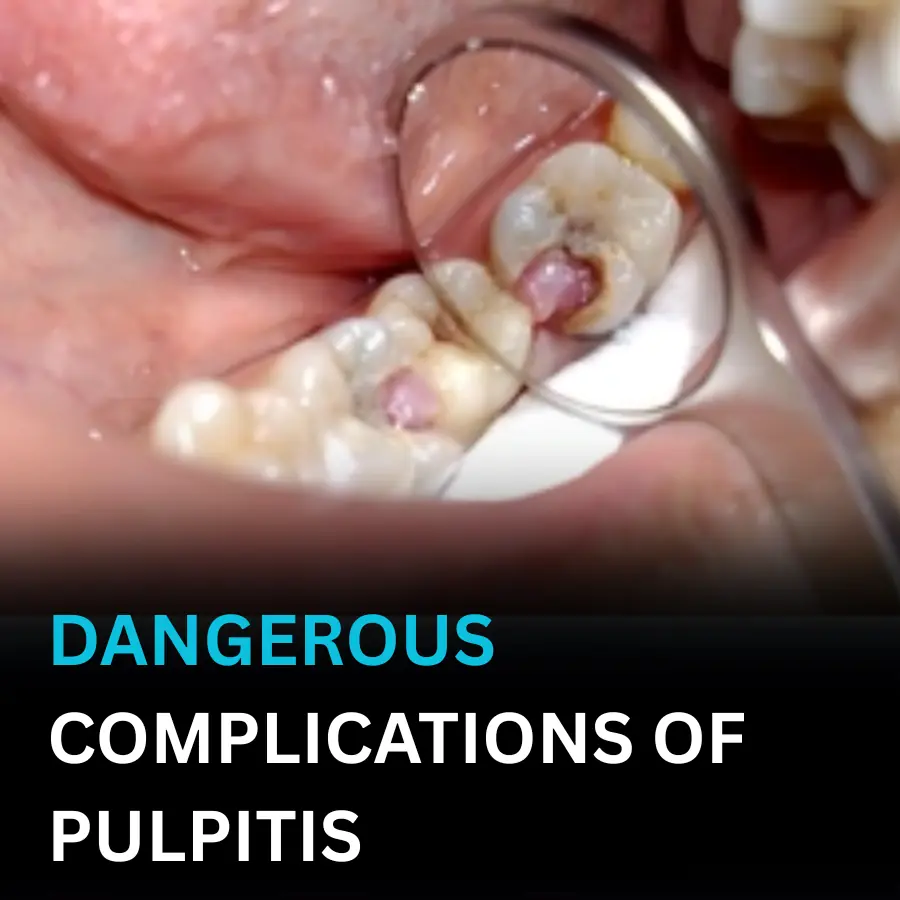
5 Early Warning Signs of Kid.ney Failure You Shouldn’t Ignore
5 Early Warning Signs of Kid.ney Failure You Shouldn’t Ignore
Recognizing early warning signs of kidney failure can greatly improve treatment outcomes. Below are five key symptoms that may indicate the onset of kidney disease and should not be overlooked.
Early Warning Signs of Kidney Failure
According to Thanh Niên newspaper quoting Meritorious Doctor, Dr. Nguyen Thi Thu Huong, from the Nephrology - Urology Clinic, Nam Sai Gon International General Hospital, kidney failure is a silent yet extremely dangerous condition that directly affects vital body functions.
Here are some of the early warning signs to watch for:
1. Skin and hematologic symptoms:
Pale or grayish skin, pale mucous membranes. Swelling in the face, hands, or feet due to fluid retention. Anemia may appear in advanced stages and is often difficult to detect early.
2. Cardiovascular symptoms:
High blood pressure caused by fluid retention and hormonal imbalance in blood pressure regulation. In severe cases, blood pressure can become resistant or difficult to control.
Heart failure may develop as prolonged high blood pressure forces the heart to work harder. Complications include pericarditis, pericardial effusion, or congestive heart failure.
3. Digestive, neurological, muscular, and urinary symptoms:
Nausea, loss of appetite, indigestion, diarrhea, mouth or gastrointestinal ulcers.
Muscle cramps and weakness (possibly due to potassium and calcium imbalance).
Bladder or urination problems such as frequent, painful, or urgent urination.
In end-stage kidney failure, high blood urea levels may lead to uremic coma.
4. Bone damage:
Osteoporosis, osteomalacia, and fractures are common in chronic kidney disease due to mineral imbalance.
Complications of Kidney Failure

Although dialysis can help reduce strain on the kidneys, it cannot completely replace their function. Therefore, patients remain at risk of serious, even life-threatening complications.
Common complications include:
-
Anemia
-
Bone disease and high phosphate levels in the blood
-
Heart disease
-
Hyperkalemia (high potassium levels)
-
Fluid retention
-
Mental health issues
How to Prevent Kidney Failure

According to expert advice from Assoc. Prof. Dr. Vu Le Chuyen, Tam Anh General Hospital, the risk of kidney failure can be significantly reduced by following these preventive measures:
1. Manage other health conditions effectively:
Diabetes and high blood pressure are major risk factors. Regular monitoring and adherence to treatment plans are essential.
2. Be cautious with over-the-counter medications:
High doses of common painkillers such as aspirin, ibuprofen, or naproxen can increase toxin levels in the body and overwork the kidneys.
3. Maintain a healthy weight:
Obesity raises the risk of diseases linked to kidney failure, such as diabetes and hypertension.
4. Adopt a healthy diet:
Reduce sugar and cholesterol intake; consume more fiber, whole grains, fruits, and vegetables.
5. Limit salt intake:
Excessive salt increases blood pressure, leading to kidney strain.
6. Stay hydrated:
Dehydration reduces blood flow to the kidneys and may cause kidney damage. Drinking enough water daily is highly recommended by doctors.
7. Avoid alcohol:
Alcohol raises blood pressure and adds excess calories that may cause weight gain.
8. Don’t smoke:
Smoking reduces blood flow to the kidneys and impairs kidney function, even in people without existing kidney disease.
9. Manage stress:
Stress and anxiety can elevate blood pressure, negatively impacting kidney health.
10. Exercise regularly:
Physical activity helps reduce stress, control diabetes and high blood pressure, and maintain a healthy weight. Suitable exercises include swimming, walking, and jogging.
News in the same category


Butter Steak Bites with Mashed Potatoes & Glazed Carrots – A Comfort Plate With Serious Flavor

What causes black thorn disease?
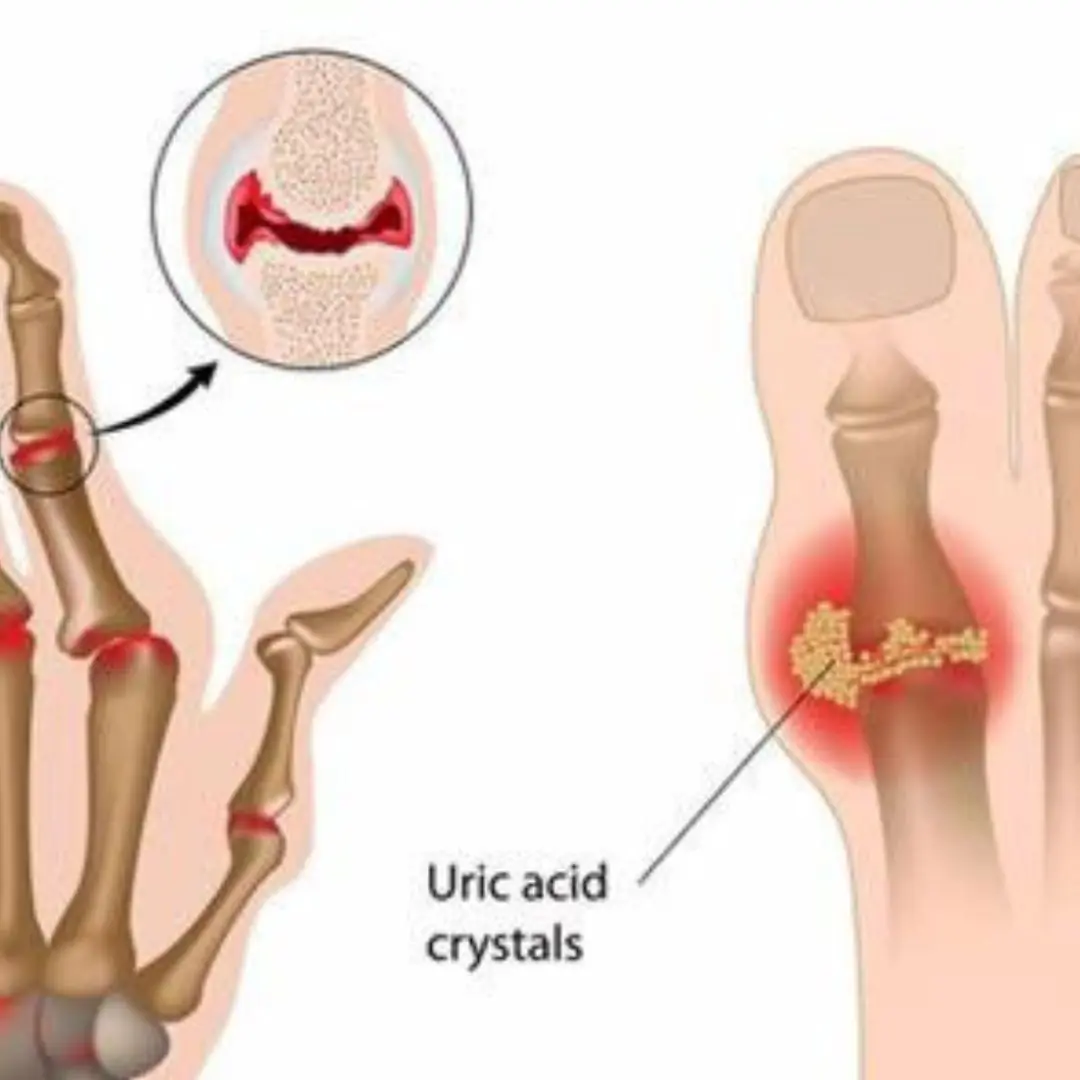
The #1 Drink to Reverse High Uric Acid and Gout — Backed by Science

If You Wake Up With These 4 Morning Symptoms, Sorry — Your Kid.neys May Be in Trouble

Drinking Coffee at the Wrong Time May Harm Your Heart:

Your feet can reveal important warning signs about circulation and nerve health

Are kidney cysts really benign? Experts warn of signs that should never be ignored
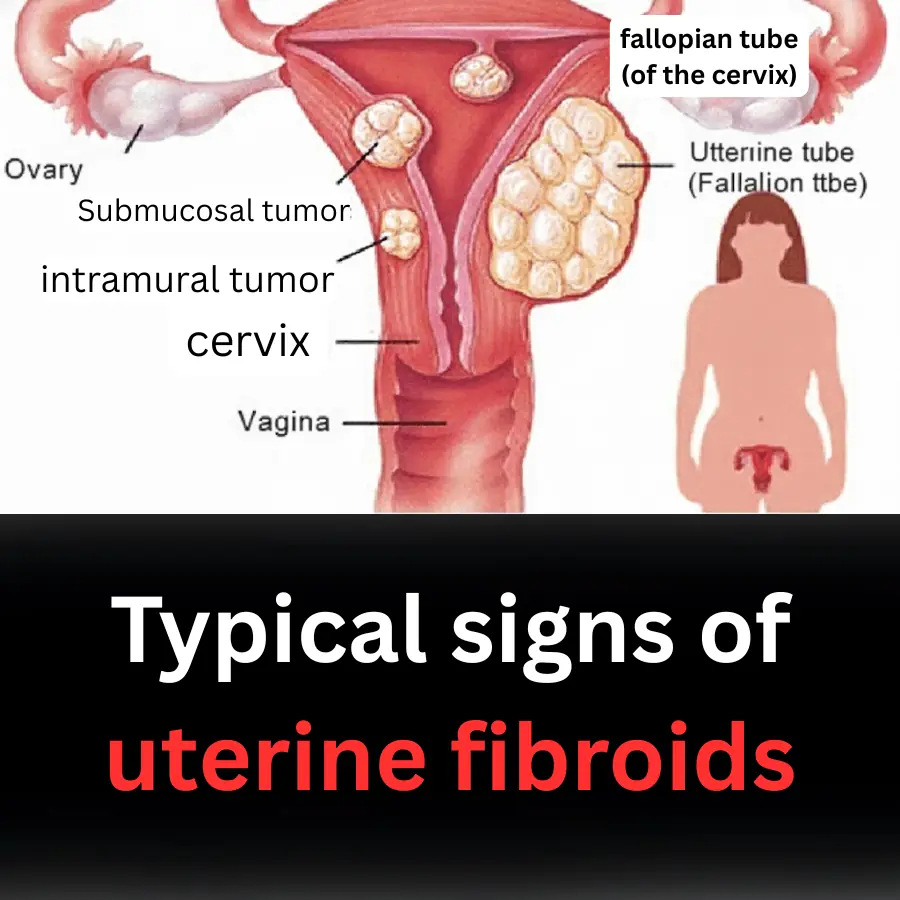
Typical signs of uterine fibroids

The More You Eat This Vegetable, the Cleaner Your Arteries Become: A Stroke-Prevention Secret Many People Overlook!

Age Spots and Selenium: How This Powerful Mineral Can Help Fight Sun Damage Naturally

A 12-year-old boy loses 12 teeth at once due to a common habit among children

Warning: A Common Daily Habit May Be “Inviting” Liver Can.cer — Many People Know It, Yet Still Do It
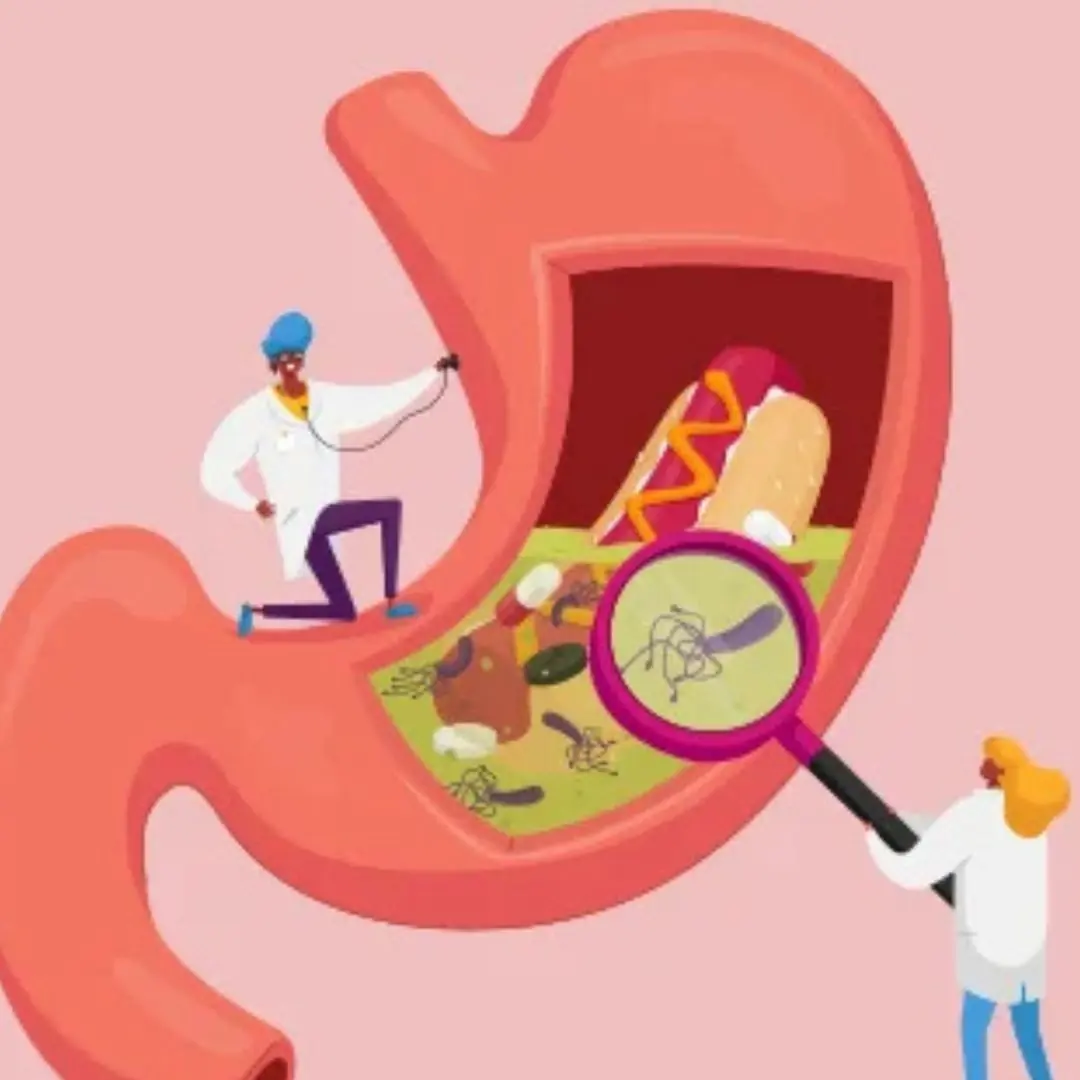
6 foods that clean the intestines naturally when eaten on an empty stomach

Poucas pessoas reconhecem os sinais de alerta de problemas de circulação que podem surgir nos pés e nas pernas durante a noite
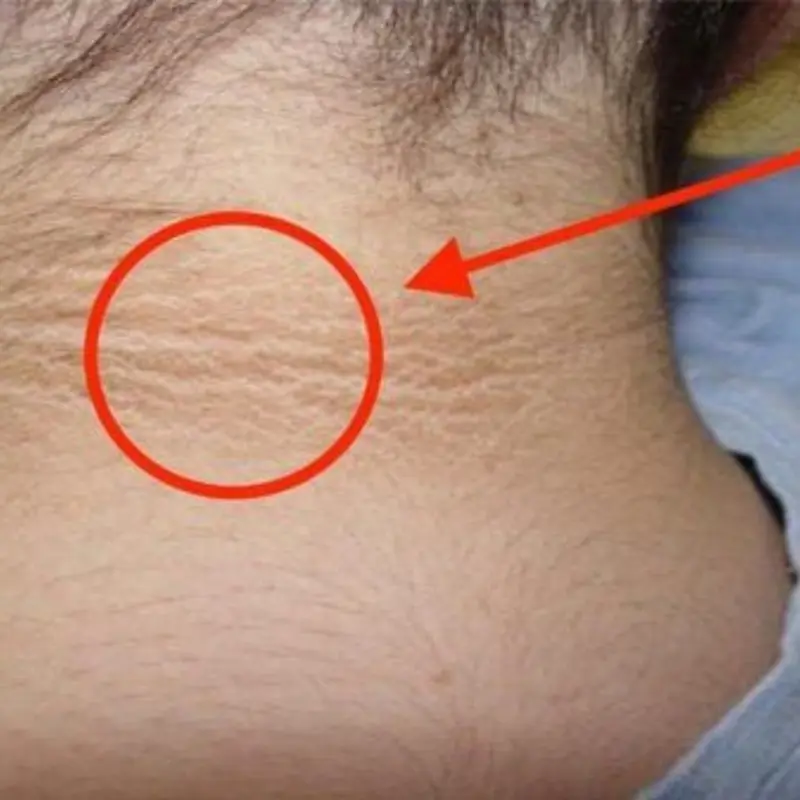
Don’t Ignore These Silent Signs of Oral Cancer

Pain on the left side of your body: What could it mean?

Your feet can reveal important signs about your circulation and metabolic health

These are the consequences of eating....

5 amazing benefits of drinking warm water with honey
News Post

DANGEROUS COMPLICATIONS OF PULPITIS

Butter Steak Bites with Mashed Potatoes & Glazed Carrots – A Comfort Plate With Serious Flavor

What causes black thorn disease?

Baked Sweet Potatoes with Garlic Butter.

The #1 Drink to Reverse High Uric Acid and Gout — Backed by Science

If You Wake Up With These 4 Morning Symptoms, Sorry — Your Kid.neys May Be in Trouble

Drinking Coffee at the Wrong Time May Harm Your Heart:

Cardiologist reveals 3 drinks that help control blo.od pressure
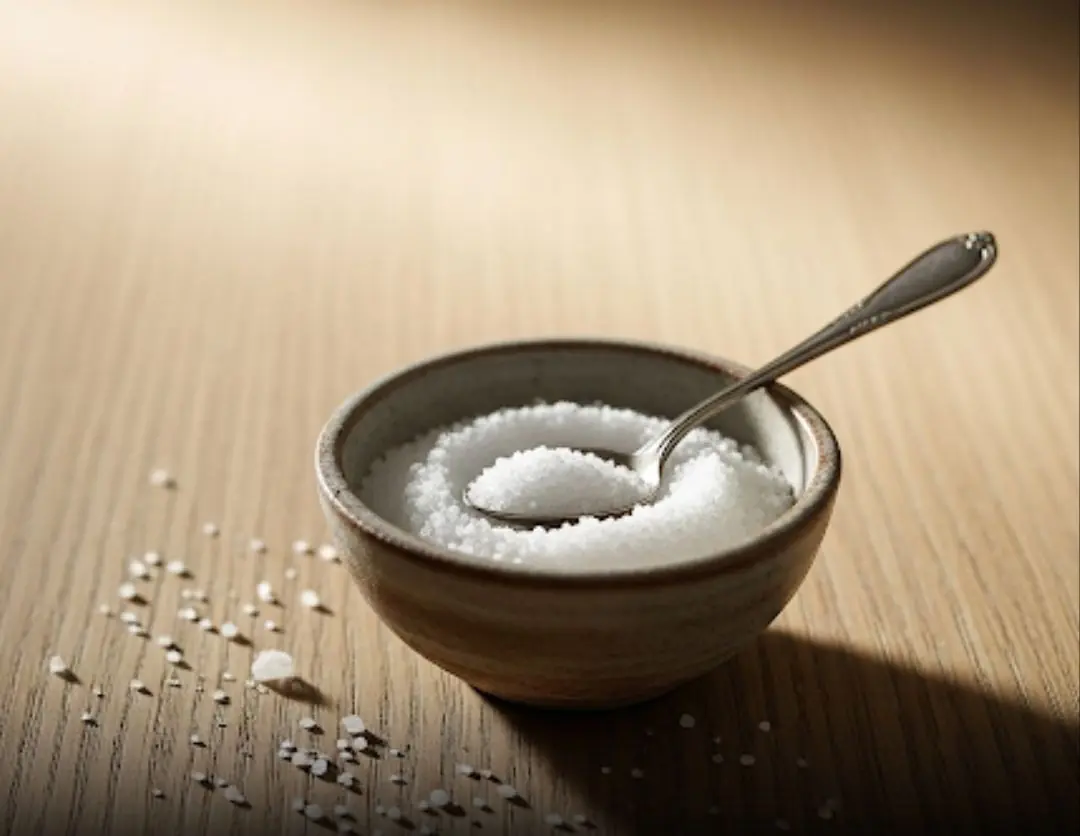
A single ingredient to combat bone pain, diabetes, anxiety, depression, and constipation

Okra is great for your health, but not everyone reacts to it the same way
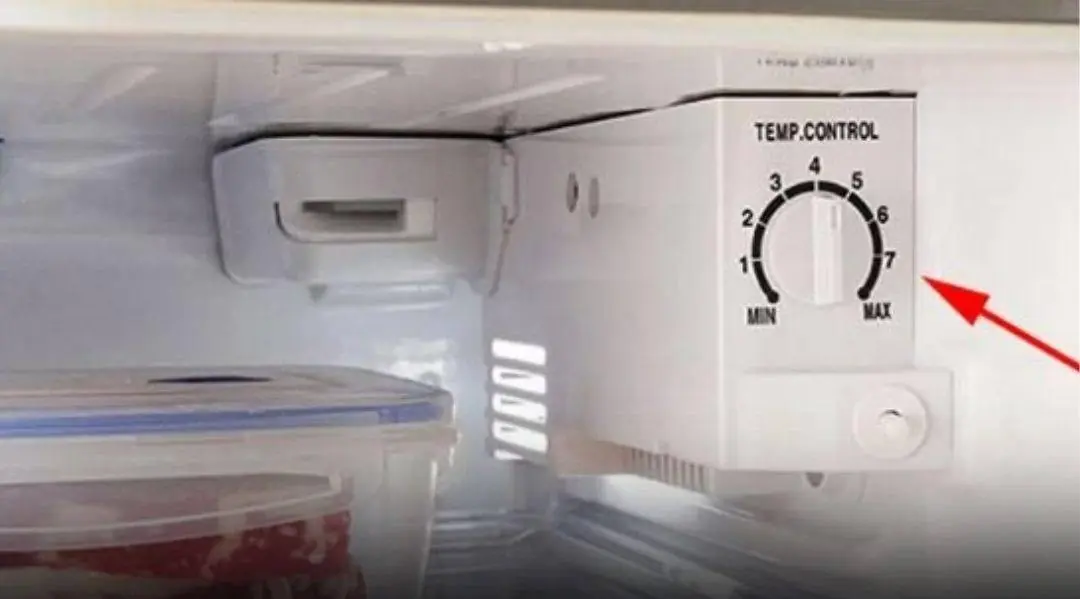
So this is why our electricity bills have been so high — we’ve been wasting power for ages without knowing!

Your feet can reveal important warning signs about circulation and nerve health

Whitmore's 'flesh-eating bac.teria' cases increase: Who is vulnerable?

Are kidney cysts really benign? Experts warn of signs that should never be ignored

Typical signs of uterine fibroids

The More You Eat This Vegetable, the Cleaner Your Arteries Become: A Stroke-Prevention Secret Many People Overlook!

Age Spots and Selenium: How This Powerful Mineral Can Help Fight Sun Damage Naturally

A 12-year-old boy loses 12 teeth at once due to a common habit among children

Warning: A Common Daily Habit May Be “Inviting” Liver Can.cer — Many People Know It, Yet Still Do It
